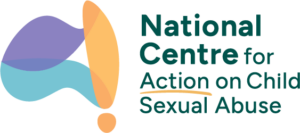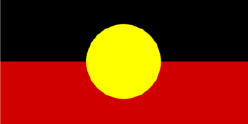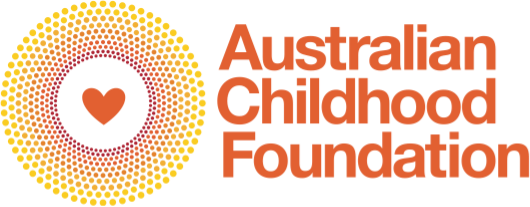In launching the report at a Showcase event in Brisbane which gathered more than 170 people with lived and living experience and expertise, cultural leaders, research and practitioner experts and policy specialists from across the country, Dr Leanne Beagley, the National Centre’s CEO said that “The Australian Child Sexual Abuse Attitudes, Knowledge and Response Study” is the first of its kind, providing new, nationally representative data and insights to inform Australia’s prevention, response and support efforts”.
Over 4,000 adults from across Australia were surveyed in December 2023 and asked about their attitudes towards, knowledge of, and responses to child sexual abuse, harmful sexual behaviours, and the needs of victims and survivors.
The findings in the Report point to community awareness that child sexual abuse is a significant and prevalent social issue that needs to be addressed. However, the study also uncovered troubling misconceptions and victim-blaming attitudes and revealed concerning gaps in adults’ abilities to identify risks to children’s safety. Some adults also had limited understanding of the widespread and long-term impacts of child sexual abuse, low confidence and willingness to intervene, and didn’t know how to appropriately respond to child and adult victims and survivors.
Key findings include:
- Problematic victim blaming attitudes:
The study found that some Australians hold harmful victim-blaming attitudes, especially towards adolescent victims. These attitudes can limit disclosing or reporting of child sexual abuse and cause further harm to victims and survivors. - Uncertainty in responding to disclosures:
One of the most concerning findings was the uncertainty many Australians expressed about whether they would believe a child who disclosed abuse. This hesitation can have significant impacts on a child’s safety, well-being, and long-term recovery. Moreover, there was a noticeable lack of confidence in how to respond appropriately to such disclosures, which can also limit actions to support the child. - Challenges in supporting adult survivors:
Though people were generally more confident in responding to disclosures from adults, some still lacked understanding about the range of lifelong impacts of child sexual abuse on survivors. Some Australians also struggled to provide appropriate support or respond with compassion. - Gaps in identifying risk and protecting children:
There were concerning blind spots in recognising child sexual abuse risks and grooming tactics, including online risks, and many Australians were not confident they knew how to keep children safe from sexual abuse. However, there was widespread support for a range of prevention initiatives including more education for parents/carers and community awareness campaigns.
This new data should inform national and local strategies and efforts to enhance community capacity in preventing, identifying, and responding to child sexual abuse. The data also provide a baseline against which to measure the effectiveness of any future initiatives. The study will be repeated in December 2025.
Professor Andrea de Silva, National Centre Director, Knowledge Generation, Research and Evaluation said, “This new data shows us that while many Australians want to protect children from sexual abuse, some hold very problematic attitudes towards victims and survivors, and there are significant barriers in terms of understanding the issue, recognising risky behaviours, and knowing how to respond. These harmful attitudes and barriers must be addressed if we are to ensure a safer and more supportive environment for all children and child sexual abuse victims and survivors.”
The study reinforces the urgent need for evidence-based prevention programs and community-based initiatives that focus on building the public’s capability and confidence in detecting risks, intervening effectively, and supporting survivors, while also tackling underlying structural barriers and problematic social norms that enable child sexual abuse.
Dr Leanne Beagley, National Centre CEO said: “The National Centre calls for greater investment in programs that enable Australians to take meaningful action in protecting children from sexual abuse and creating an environment where children and adult survivors are believed, supported, and understood. We must not lose momentum in addressing this complex social problem and this data assists us in those efforts.”







